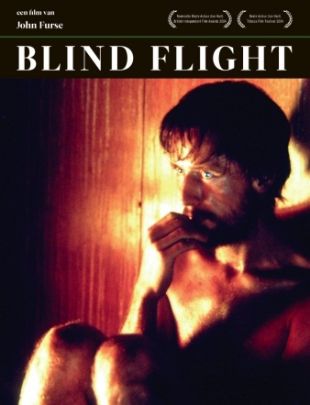Blind Flight is a superbly acted and intelligent drama of incarceration. The subject matter is almost painfully topical, but after opening with file footage of Margaret Thatcher declaring a firm non-appeasement policy toward terrorists, director John Furse focuses almost exclusively on the experiences of the two men, Brian Keenan and John McCarthy, while they were in captivity. Their social backgrounds and political views are important only to the extent that these elements shape their relationship to each other and their responses to the ordeal they're going through. This is not really a film about the mid-'80s hostage crisis in Beirut. The geopolitical context (the larger motives of the people who kidnapped them, for example) is ignored in favor of a personal story of survival. The gunmen who hold Keenan and McCarthy hostage disappear for days at one point, and the film offers no explanation. It's not a docudrama, so much as an intimate, psychologically acute tone poem examining what happens to two very different men (and, to some extent, their captors) when they are stripped of nearly everything that, on the surface, makes them who they are. Furse indulges in occasional bouts of unnecessary artiness, but for the most part, this is an effectively pared-down scrutiny of what kept these two men sane and alive during their brutal years of captivity. It couldn't work without the outstanding performances of Ian Hart as the scrappy, indignant Keenan and Linus Roache as the more easygoing, levelheaded McCarthy. There's a terrifying and funny scene in which McCarthy listens in horror from the cell as Keenan is ordered out of the shower and refuses to leave, or even stop singing. This scene exemplifies a simple dramatic power, a purity that makes the film not only engaging and moving, but also deeply humane.

Blind Flight (2004)
Directed by John Furse
Genres - Drama |
Sub-Genres - Prison Film |
Release Date - Jan 1, 2004 (USA - Limited) |
Run Time - 92 min. |
Countries - United Kingdom |
MPAA Rating - NR
Share on